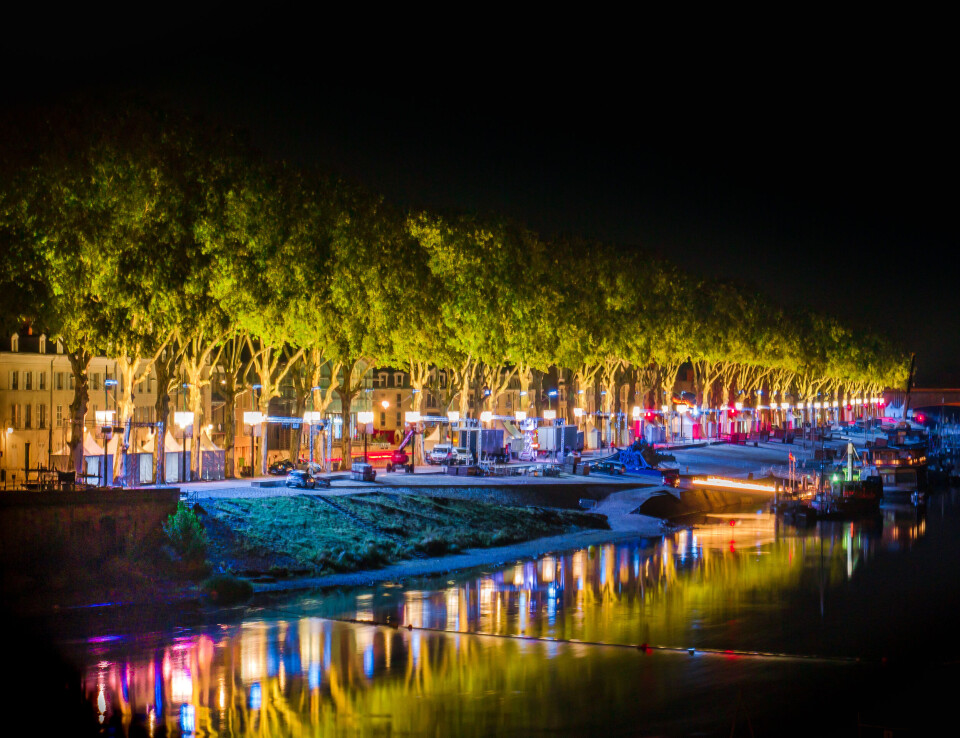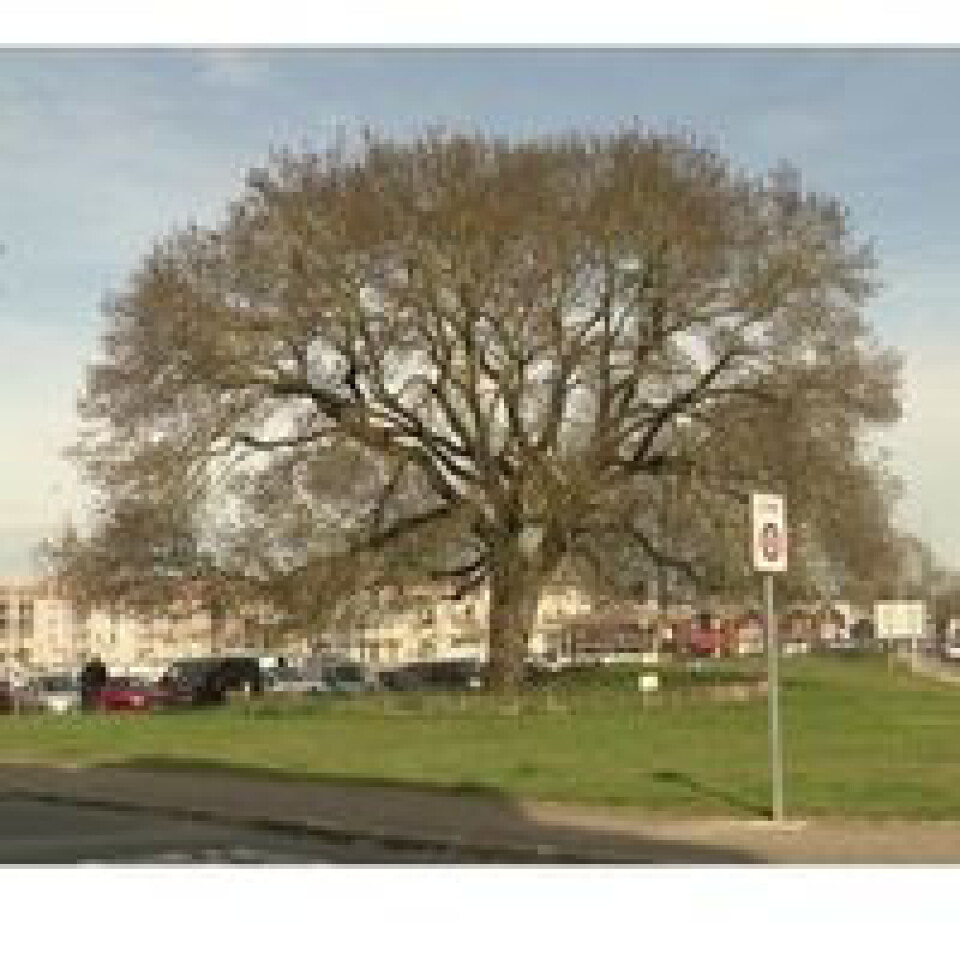-
How to help wounded wildlife and strays in France
Is illegal to treat wild animals at home unless you have authorisation
-
What you should do to your garden in France in spring
Weeding, pruning, sowing, preparing the lawn…here is how to welcome sunnier days
-
Rules change for dog walking in France from April
Here is how to ensure you and your dog remain within the rules and avoid fines
French environment news: tree valuations, wonky veg, pesticides in tea
Some towns have put a compensation value on trees in case of damage, misshapen vegetables rejected by supermarkets sold off cheaply and choose your ‘tisane’ wisely

We take a look at the environmental news affecting communities in France this month.
Tree valuation project grows
Rochefort is the latest city in France to adopt a system which attributes a monetary value to each of its trees (11,000 in total), so as to calculate the level of ‘compensation’ required should they be damaged or vandalised, as well as to evaluate and compare maintenance, management and development scenarios.
The Charente-Maritime town joins Orléans, Lyon, Nancy and Riorges in implementing a ‘barème de l’arbre’ (tree scale) to “quantify the damage suffered and calculate the amount of possible compensation”.
The species, age and rarity are taken into account to estimate the value of the tree – the more expensive the tree, the higher the compensation in case of damage.
In the case of Rochefort, this applies to the majestic ash tree standing near the city’s thermal baths. Its value has been estimated at €26,000.

Ash tree in Rochforte valued at €26,000. Photo credit: France2
The towns have collaborated to create a free online tool accessible to all, be they individuals or communities. Called VIE (for Valeur Intégrale Evaluée de l’arbre, or Integral Assessed Value of a tree), the scale makes it possible “to give the tree a financial value that constitutes an element of appreciation and debate, while taking care never to reduce trees to this single monetary value.”
VIE does not calculate a tree’s standing timber value or the production value of fruit trees and is therefore not intended for use in agricultural or forestry production.
Knowing a tree’s value is especially useful when roadworks or building projects are planned nearby.
Protecting plant heritage is increasingly seen as a key element of urban management, especially in cities where the presence of trees is essential both at an ecological level and for the morale lift they can bring to inhabitants.
Odd-looking légumes sold at cut price
France has set itself the goal of reducing food waste by half by 2025 and initiatives to this end are constantly springing up.
One such project has launched in Saint-Pol-de-Léon in Finistère, where a former supermarket fruit and vegetable purchasing manager has set up a company – called Finistèrestes, a name combining Finistère and ‘restes’ or leftovers – to sell vegetables deemed too ‘ugly’ for sale in supermarkets, at reduced prices.
The light-bulb moment for Karim Vincent-Viry came a few years ago when he spotted a skip full of fruit and vegetables that did not comply with the specifications of large-scale distribution and were destined for the bin.
He discovered that between 15 and 20 truckloads of “non-standard” vegetables were being thrown away in the region every day.
“These are vegetables that are full of vitamins, that are completely edible, I thought it was a shame to throw them away and that’s what gave me the desire to create my company,” he told Franceinfo.
The curiously formed carrots, untidy turnips, imperfect potatoes and other inelegant légumes can be snapped up for €5 a mixed basket at pick-up points around Brittany.
It is estimated that around 16% of vegetables are binned because they do not meet supermarket criteria.
Warning over pesticides in your cuppa
A major study by consumer publication 60 Millions de consommateurs has found that some so-called healthy, natural ‘tisanes’ and infusions are anything but.
Patricia Chairopoulos, a spokeswoman for the magazine, which tested 48 leading infusions, told Franceinfo that they found fragments of insects, plastic and stone in some, and even pesticide residues, some of which are forbidden in France and in Europe.
The main culprits were black or green teas with base products imported from China and India, while all the organic products analysed fared much better.
Weedkiller ‘disrupts our reproductive systems’
The weedkiller glyphosate – banned in private gardens but still permitted on farms in France – causes disruption to reproductive systems of people and animals, says an official agricultural research agency.
Inrae has published a compilation of findings which it says demonstrate how “over several decades researchers have shown, using varied animal subjects, that GBH [glyphosate herbicide] is an endocrine disruptor of the reproductive functions”.
Other studies are continuing on effects on fertility, and possible illnesses resulting, Inrae says.
Consumer body UFC-Que Choisir welcomed the findings, saying it comes as a petition has reached almost half a million signatures, calling for the substance, also suspected of causing cancer, to be banned in the EU.
France did not follow through with a promise by President Macron in 2017 that it would be banned in three years in agriculture, after farmers protested.
The EU’s authorisation is coming up for possible renewal at the end of the year and protesters hope it is not given. Luxembourg banned it unilaterally last year.
Related articles
Should farmers in France warn locals before spraying pesticides?
First 100% organic E.Leclerc supermarket in France closes
How winemakers in France are reducing pesticide use
























